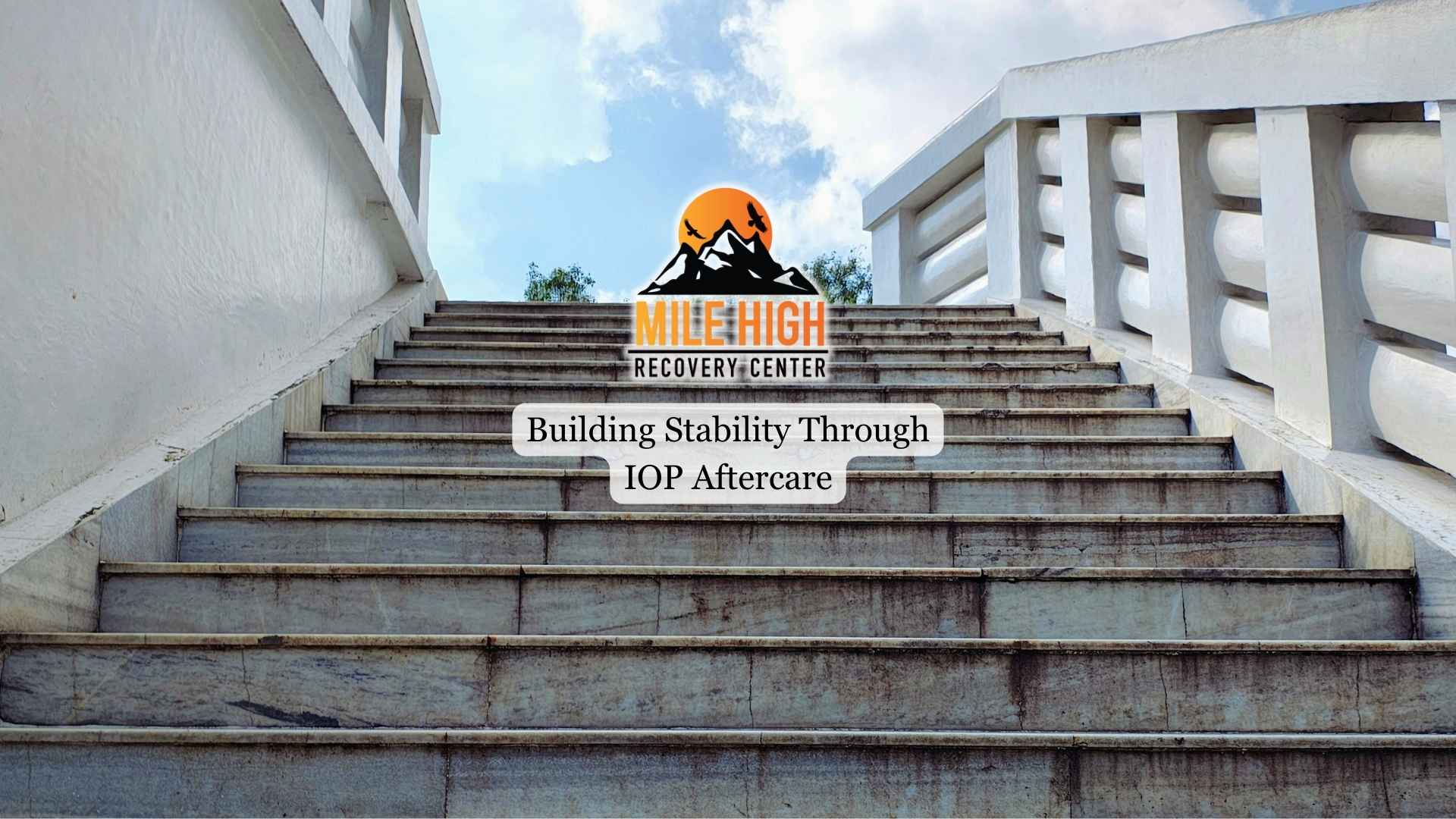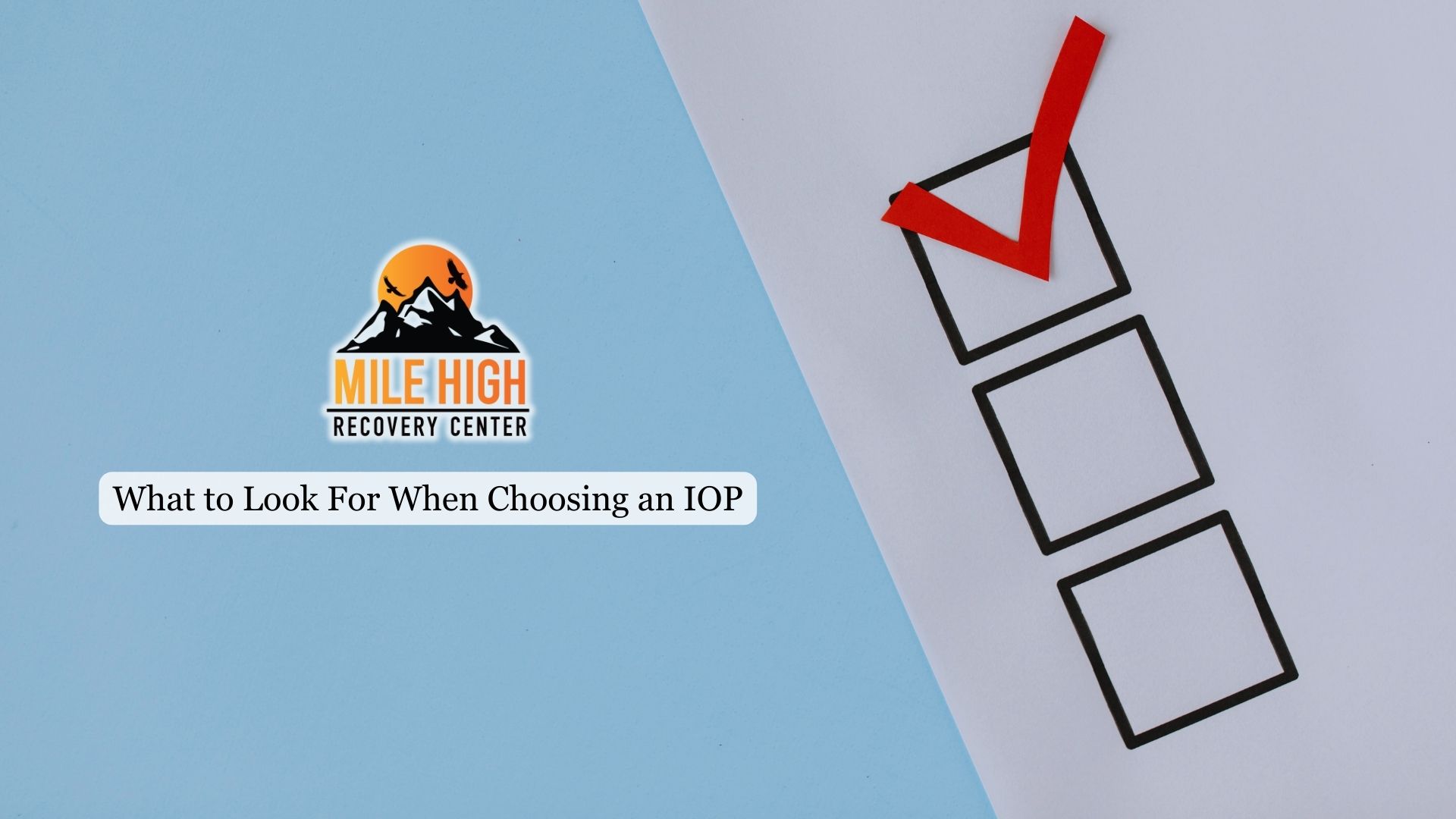Motivational Enhancement Therapy is an evidence-based counseling approach grounded in the principles of motivational interviewing. It is often used to support individuals struggling with substance use, alcohol problems, and related behavioral challenges.
In the following sections, we will discuss the key benefits of motivational enhancement therapy, including how it increases engagement, strengthens self-efficacy, and supports long-term behavior change through client-centered strategies.

What Is Motivational Enhancement Therapy?
Motivational Enhancement Therapy (MET) is a short-term, client-centered counseling approach designed to increase a person’s motivation to change behavior related to substance use and alcohol problems. It is based on the principles of motivational interviewing, a method that uses empathetic dialogue and guided reflection to enable individuals to explore and resolve ambivalence about change.
Unlike traditional behavior therapy, MET does not tell clients what to do. Instead, MET therapists use structured sessions and MI techniques, such as expressing empathy, supporting self-efficacy, and addressing discrepancies to help clients identify personal goals and make self-directed decisions. This form of therapy is commonly used in the treatment of substance use disorder, alcohol use disorder, and related behavioral health challenges.
Originally developed as part of a randomized controlled trial for alcohol dependence, motivational enhancement therapy has since been widely used to treat various use disorders, often alongside other approaches like cognitive behavioral therapy. MET emphasizes collaboration over confrontation and focuses on building intrinsic motivation for change.
How MET Enhances Motivation for Change
At the heart of motivational enhancement therapy, the goal is motivation enhancement, which helps clients resolve ambivalence about change. Many individuals dealing with alcohol use, drug abuse, or other behavioral issues struggle with conflicting feelings; they may want to stop, but they also fear what change entails. MET addresses this by focusing on intrinsic motivation rather than external pressure.
Therapists help the client examine the discrepancy between their current behavior and broader life goals. This awareness encourages commitment to behavior change without confrontation. MET emphasizes self-directed decision-making, guiding clients to recognize the personal benefits of change.
At Mile High Recovery Center, we’ve made Motivational Enhancement Therapy a core part of our approach, guiding individuals toward healthier choices and long-term emotional and mental wellness through structured, empathetic conversations and personalized feedback that support self-directed change, clarify goals, and promote practical, values-based action.
Improved Engagement in Treatment
One of the most consistent benefits of this form of therapy is increased engagement, particularly during the early stages of treatment. Unlike some behavior therapy models that assume readiness for change, MET meets the client where they are, whether they are still considering change or already committed to it.
The client-centered approach fosters trust and collaboration, thereby increasing the likelihood that individuals will adhere to their treatment plans. MET therapists use motivational interviewing techniques to express empathy and validate the client’s perspective. This helps reduce resistance and builds a foundation for lasting therapeutic engagement. For individuals struggling with substance use or alcohol problems, this early connection can be critical in reducing dropout rates and maintaining long-term treatment involvement.
Development of Coping Skills
While MET is not primarily a skills-training therapy, such as cognitive-behavioral therapy, it supports the development of coping strategies by helping individuals identify high-risk situations and examine past behavior patterns. During those types of therapy sessions, clients are encouraged to explore what triggers their substance use and reflect on alternative behaviors.
By building self-awareness, clients develop practical strategies to avoid relapse and make healthier choices. MET therapists assist individuals in recognizing their ability to control decisions, setting the stage for them to apply skills that reduce substance use and support recovery.
Better Management of Stress and Emotions
Substance use and emotional dysregulation often go hand in hand. MET addresses this dynamic by helping individuals understand the emotional factors behind their behavior. This therapy process supports clients in identifying emotional triggers and examining how substance use functions as a coping mechanism.
By exploring these links within a supportive, non-judgmental framework, clients gain insights into healthier ways to manage stress, anxiety, and depression. This therapeutic insight often leads to a more stable emotional foundation, which supports the long-term goal of reducing substance abuse and preventing relapse.

Strengthened Communication Abilities
Motivational enhancement therapy also promotes better communication skills. Because this therapy is based on open dialogue and reflection, clients become more skilled at expressing their thoughts, needs, and concerns. MET emphasizes the importance of listening and being heard, skills that are crucial not only in therapy but also in everyday interactions.
Improved communication supports recovery in several ways: it helps clients advocate for their needs, rebuild relationships affected by substance abuse, and develop healthier interpersonal habits. This benefit is especially important for individuals who have experienced social or family conflict as a result of alcohol and substance use.
Increased Self-Efficacy and Responsibility
One of MET’s most impactful outcomes is the increase in self-efficacy, as clients begin to believe they have the capacity to change their behavior. By supporting autonomy and avoiding confrontational tactics, MET empowers individuals to take responsibility for their actions without feeling shame or guilt.
This belief in one’s ability to change is reinforced through personalized feedback and reflective exercises that highlight strengths, past successes, and untapped potential. MET helps individuals shift from external blame to internal control, which is vital in achieving long-term success in treating substance use disorder and alcohol dependence.
Support for a Range of Behavioral and Substance Use Issues
While MET was initially developed for alcohol abuse and alcohol dependence, randomized controlled trials and clinical studies have shown that it is also effective in treating other substance use disorders, including drug abuse. MET has also been adapted to support individuals facing co-occurring substance abuse and mental health conditions, broadening its applicability as a versatile form of therapy.
Because this therapy form is based on the principles of motivational interviewing, it can be flexibly applied across diverse populations and behavioral challenges. Whether used alone or as a complement to cognitive behavior therapy, MET offers a strong foundation for initiating and sustaining behavior change. Its effectiveness has been demonstrated in numerous randomized controlled trials, showing that it can assist individuals in reducing alcohol and substance use by increasing their motivation to engage in healthier behaviors.
Final Thoughts from Mile High Recovery Center
Understanding how motivation impacts recovery is key to helping individuals overcome ambivalence and take meaningful steps toward change. Motivational Enhancement Therapy supports that process by focusing on internal motivation, self-reflection, and personal values. At Mile High Recovery Center, we incorporate MET into our individualized treatment approach, guiding clients through non-confrontational, evidence-based conversations that build confidence and readiness for recovery. This therapeutic style helps create lasting change by honoring each person’s unique path and empowering them to take control.







